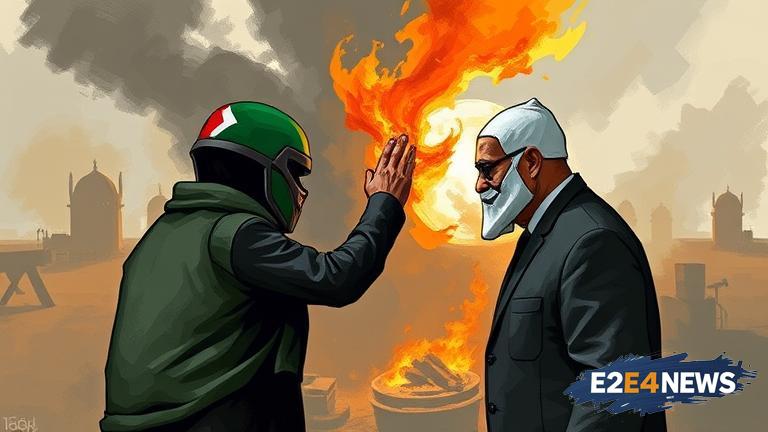The latest round of truce talks between Israel and Hamas has stalled, with both sides accusing each other of being responsible for the breakdown in negotiations. The talks, which were aimed at establishing a lasting ceasefire in the Gaza Strip, have been ongoing for several weeks. However, despite initial optimism, the negotiations have failed to yield a breakthrough, with both sides digging in their heels. Israel has blamed Hamas for the stalemate, accusing the militant group of refusing to compromise on key issues. Hamas, on the other hand, has accused Israel of being inflexible and refusing to meet its demands. The breakdown in talks has raised concerns about the possibility of a renewed outbreak of violence in the region. The Gaza Strip has been the scene of numerous conflicts between Israel and Hamas over the years, resulting in significant loss of life and destruction of infrastructure. The latest round of fighting, which took place in May, resulted in the deaths of over 200 Palestinians and 12 Israelis. The international community has been urging both sides to return to the negotiating table and work towards a peaceful resolution. However, with the talks stalled, there are fears that the situation could escalate once again. The United States, which has been playing a key role in mediating the talks, has expressed disappointment at the breakdown in negotiations. The European Union has also called on both sides to resume talks and work towards a peaceful resolution. Despite the challenges, there are still hopes that a deal can be reached, with some officials suggesting that a compromise could be found in the coming weeks. The situation remains volatile, however, and the international community is watching with bated breath as the situation continues to unfold. The Gaza Strip remains one of the most volatile regions in the world, with the conflict between Israel and Hamas showing no signs of abating. The humanitarian situation in the region is also dire, with many Palestinians struggling to access basic necessities like food, water, and healthcare. The international community has been providing aid to the region, but more needs to be done to address the root causes of the conflict. As the situation continues to unfold, it remains to be seen whether a peaceful resolution can be found, or if the region will be plunged into another round of violence.
